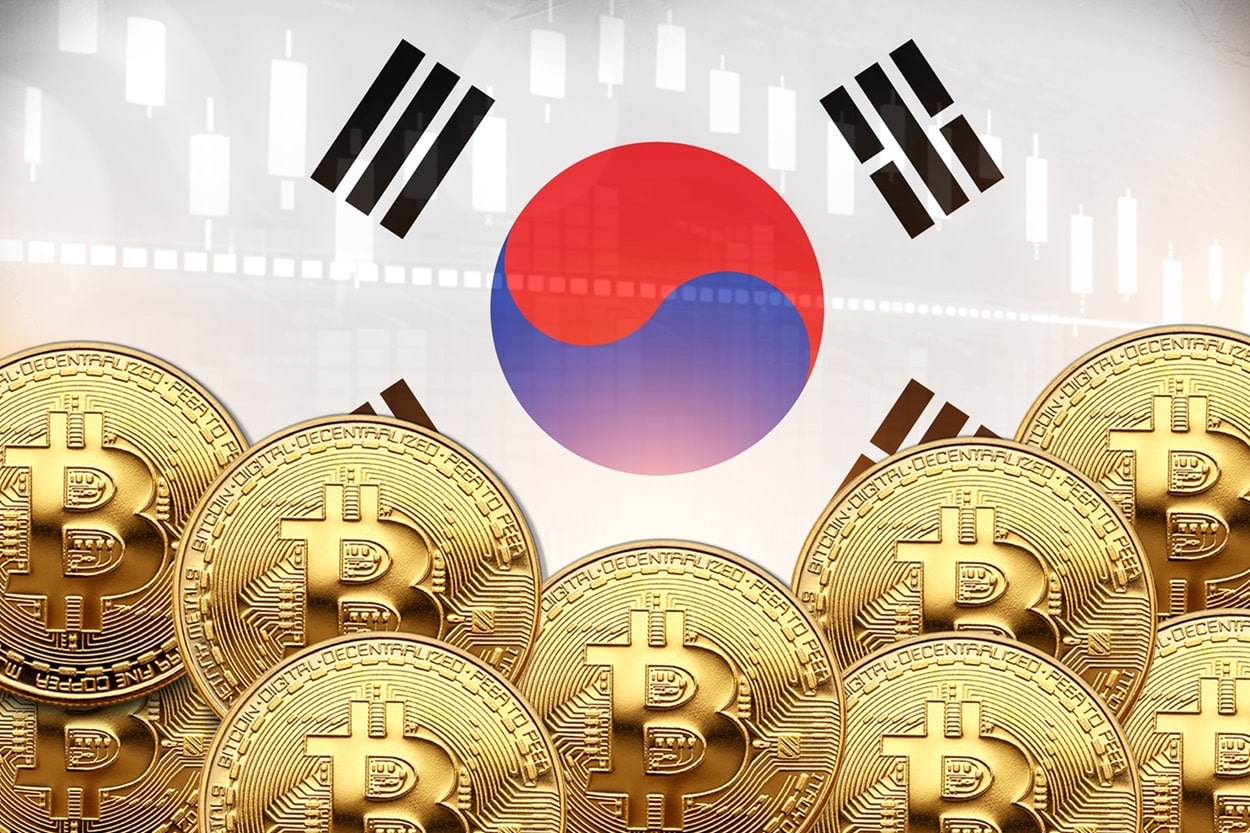South Korean Authorities Slammed for Taking Crypto Regulation ‘Baby Steps’

South Korea’s financial regulators are taking “baby steps” while US counterparts forge ahead with rapid crypto regulation progress, a new report has claimed.
Per the South Korean media outlet News Tomato, domestic financial authorities are yet to “properly organize” their crypto arms. The outlet wrote:
“There is no organization dedicated to cryptoassets at the Financial Services Commission (FSC). And the Financial Supervisory Service (FSS) is said to be at a very nascent level, with dedicated crypto units only formed this month.”
The report’s author noted that United States regulators, by contrast, are “fostering the cryptocurrency market.”
This is evinced by steps like Washington’s approval of Bitcoin spot ETFs earlier this month, the author explained.
By contrast, the approval has led domestic regulators to clamp down on South Korean firms offering crypto ETF access overseas.
And the author said that critical “voices” are now “calling for a new dedicated department to be established” at the FSC.
The media outlet quoted an FSC official as conceding that no such move was possible without approval from the Ministry of Public Administration and Security. The official said:
“We cannot make this decision arbitrarily. We are continuously making efforts [to create a new, crypto-specific organization]. But nothing concrete has yet been agreed upon.”
New S Korean Crypto Units Start Work This Month
The FSS, meanwhile, launched two dedicated units crypto units on January 9: the Virtual Asset Supervision Bureau and the Virtual Asset Investigation Bureau.
The news outlet claimed that this move was a significant “first step.” But it criticized the regulator as being “somewhat late” to the crypto regulation party.

Can New South Korean Crypto Regulatory Teams Keep Up with the US?
Prior to the launch of the new divisions, a team of FSS researchers provided temporary support to crypto-related legislative efforts. They also monitored the domestic market.
The FSS’ new units comprise six divisions and a total of 33 staff members. These include eight IT experts, seven lawyers, and eight accountancy professionals. An FSS spokesperson told the outlet:
“As the legal system [regulating cryptoassets] is not yet perfect, there is also a need to explore measures such as self-regulation.”
The new FSS crypto teams appear to have their hands full from the outset. It has already issued “warnings” about “a series of cases” involving bogus crypto exchanges.
In many instances, investors have been unable to withdraw their funds from “unregistered” trading platforms.
🇰🇷 South Korean ‘Bogus Crypto Exchange’ Fraudster Jailed
Here’s a shortcut👇
— Cryptonews.com (@cryptonews) January 22, 2024
Regardless, the outlet claimed that many industry observers were critical of “the financial authorities’ preparations,” calling the FSC and FSS measures “late.”
Some unnamed individuals said there had “been no significant response” in the seven years since the FSC held an “emergency measures” meeting on crypto in 2017.
At the time, the FSC and the government called for urgent moves to cool an “overheated” South Korean crypto market, with everyone from schoolchildren to pensioners clamoring to invest in tokens.
More Legislation Needed in South Korean Crypto Space?
A new crypto-specific law is set to come into force in July this year, but the government says that this is not comprehensive enough.
As such, lawmakers are slated to start work on a second bill. However, no further progress on this is expected before the nation’s parliamentary elections on April 10.
Talks on whether Seoul could follow Washington in approving Bitcoin spot ETFs have also been put on hold until April’s poll, insiders claim.
🇰🇷 ‘No South Korea Bitcoin ETF Approval Before Elections,’ Say Experts
Breaking down the details👇
— Cryptonews.com (@cryptonews) January 15, 2024
And financial authorities claim that they cannot act outside the boundaries of the law. An FSS official said:
“From a regulator’s perspective, there are limits to what can be done without legislative changes.”







